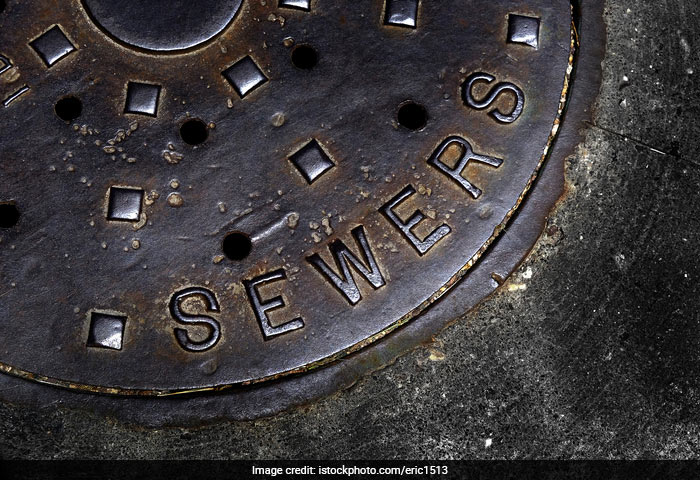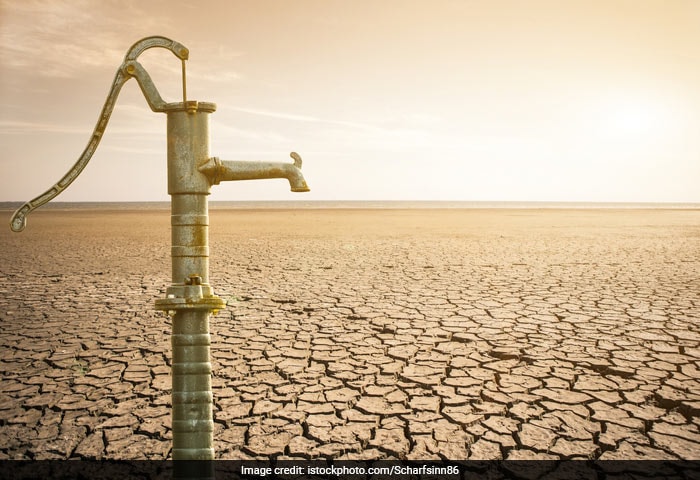World Toilet Day 2020: Five Facts That Stress On The Need For ‘Sustainable Sanitation And Climate Change’
The United Nations' Sustainable Development Goal 6 aims to achieve universal and equitable access to safe and affordable drinking water for all; access to adequate and equitable sanitation and hygiene for all and end open defecation. UN agencies report that 673 million people still practice open defecation and of that, 91 per cent live in rural areas. To tackle the global sanitation crisis and achieve the SDG Goal 6, United Nations observes 'World Toilet Day' on November 19, every year.
The day celebrates toilets and raises awareness of the 4.2 billion people living without access to safely managed sanitation. Every year, the day is observed with a theme and this time it is, 'Sustainable sanitation and climate change'.
Flooding, drought and rising sea levels can damage any part of a sanitation system - toilets, pipes, tanks and treatment plants - spreading raw sewage and creating a public health emergency. This year, World Toilet Day aims to bring attention to climate change and the need for sustainable sanitation. Here are five facts that back the relevance of the theme.

Sustainable sanitation means a system that manages human waste from the point it is generated to the last stage that is treatment and safe disposal. As part of the process, wastewater and excreta is considered as a resource which is why it is treated and reused. But, globally, 80 per cent of the wastewater generated by society flows back into the ecosystem without being treated or reused.




3.6 billion people worldwide (nearly half the global population) are already living in potential water-scarce areas at least one month per year and this could increase to some 4.8-5.7 billion in 2050, states the United Nations World Water Development Report 2018. Lack of water is directly linked to lack of safe sanitation and hygiene.

















